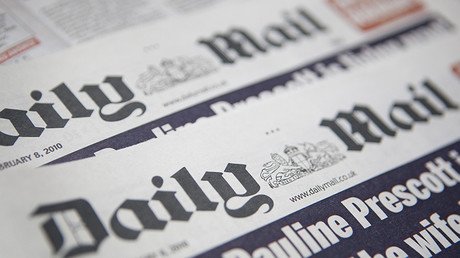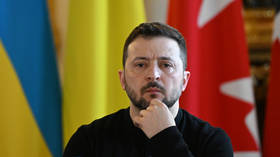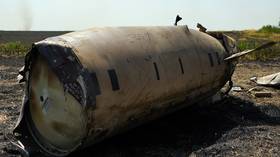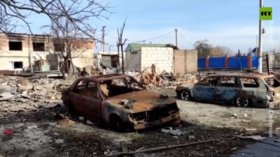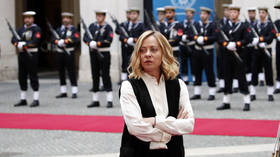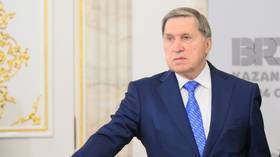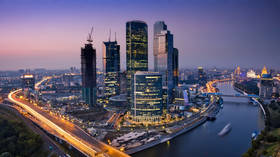No evidence of Russian interference in Brexit, Theresa May admits in parliament
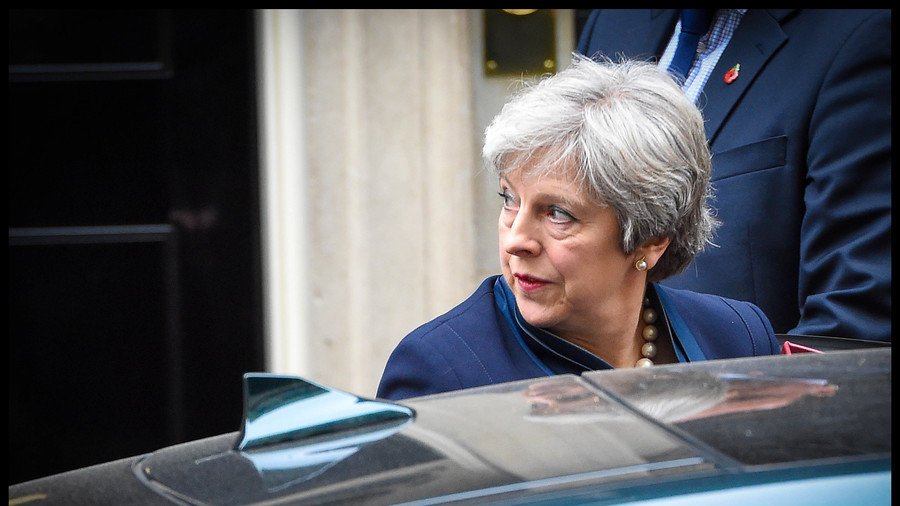
Theresa May has rejected allegations that Russia interfered in the Brexit referendum. Speaking during Prime Minister’s Questions, she stated: “If they care to look at the speech on Monday, they will see that the examples I gave were not in the UK.”
During a speech May gave at the Lord Mayor’s banquet, the British leader accused Russia of meddling in European elections, hacking attacks on western government institutions, and spreading fake news.
During the customarily confrontational Prime Minister’s Questions, May said that, in her speech, she had indeed cited “Russian interference” occurring “in a number of countries in Europe.” However, she denied that this applied in any way to her own country.
Following the session, a spokesperson for Labour leader Jeremy Corbyn said that "I think we need to see more evidence about what’s being talked about.
“In relation to Russia and tensions between NATO and Russia and western powers and Russia more generally, Jeremy has made clear on a number of occasions that we need to see an attempt through dialogue to ratchet down tensions with Russia.”
May was responding to a question from Labour MP Mary Creagh, who referred to an assertion by Foreign Secretary Boris Johnson that he had seen no evidence of Russia interfering in the Brexit referendum. Johnson made the comment during an appearance before a Commons committee hearing on November 1. Upon prompting by a senior civil servant, Johnson replied "nyet,” and added in English that there was "not a sausage" of evidence.
In conjunction with Johnson’s statement, the Labour MP referenced a report in The Times that around 400 Russia-based Twitter accounts posted on the Brexit referendum. The MP did not mention that 78 percent of the tweets examined were posted after the June-16 referendum.
Despite her apparent climb-down, May ratcheted up the rhetoric on Monday when she stated that Russia is “threatening the international order on which we all depend,” alleging that Moscow has been doing so by “meddling in elections, and hacking the Danish ministry of defense and the Bundestag [the German parliament] among many others.”
“We know what you are doing. And you will not succeed,” she said, adding that Russia should not underestimate the stability and what she branded as “the enduring attraction” of western society.
In response, Konstantin Kosachev, head of the Russian Federation Council Committee on Foreign Affairs, wrote in a Facebook post that May’s speech was "surprisingly full of ideological clichés.” He added that "The mistake is that this conflict is not ideological and there will be no ‘triumph of Western values’ this time, no one is fighting them here.”
